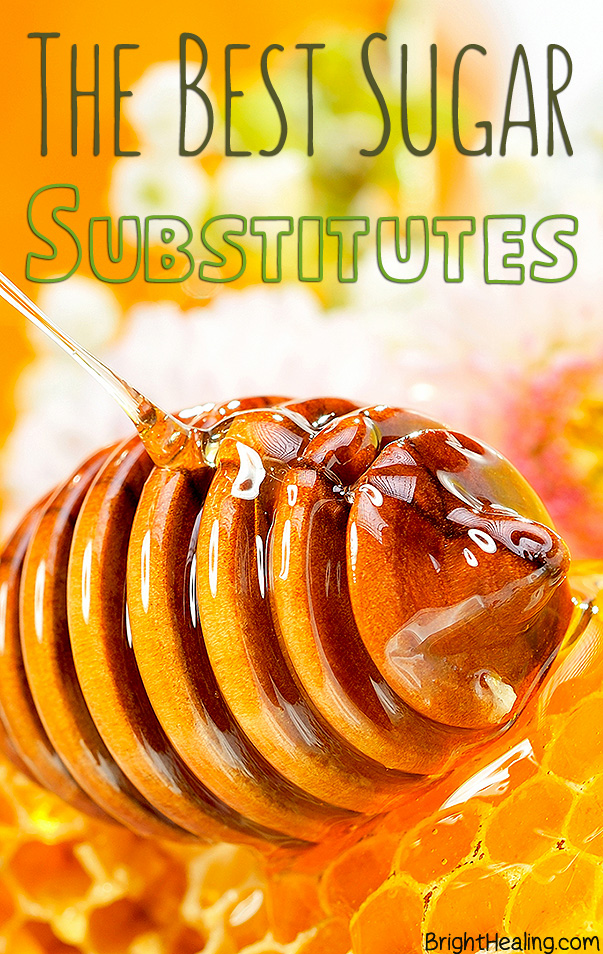Sugar has become a constant companion in most of our lives. Whether in the form of spoonfuls added to your tea or coffee, or the industrial amounts included in soft drinks and processed foods, sugar dominates our diet.
If you use sugar but are worried about its negative effects on health, you’re in luck with a few healthy alternatives.
When looking for natural sweeteners, there are a few important things to consider. It’s wise to use sweeteners that are naturally derived, minimally processed, not contaminated, and contain some nutrients and antioxidants. Here are five natural sweeteners:
1.Raw Honey
Sweeter than sugar, get honey that’s been organically and locally produced to reap the full benefits. Packed with vitamins (B1, B2, B3, B5, B6, and C),minerals (calcium, iron, magnesium, phosphate, potassium, sodium chlorine, and sulphur), over 22 amino acids and antioxidants. It has antibacterial and anti-fungal properties, disinfecting and healing wounds, scrapes and burns. It also soothes sore throats, coughs, and respiratory conditions. It does have more calories than normal sugar but because it’s sweeter you use less of it. You can add it to your tea if you’re so inclined and works brilliantly in cookies and biscuits. The wide range of honeys out there also give you scope for varying the flavour in cooking.
2.Stevia
Stevia is a calorie-free sweetener that’s about 100 times sweeter than sugar and is naturally derived, coming from a South American shrub. Stevia is the only safe calorie-free sweetener currently available, given the health risks associated with artificial sweeteners. Stevia can be used in a variety of desserts, as well as tea and coffee.
Stevia doesn’t affect blood sugar levels; it doesn’t feed Candida, and it’s calorie free! And yet, to me, it is a “clean” sweet that doesn’t set up cravings for sugar, carbohydrates, or other substances. There is some controversy about stevia’s safety so be sure to do a little research and decide for yourself.
When purchasing your stevia, find one that is a pure form as nowadays stevia products are filled with fillers like malodextrin, lactose, glycerin, and alcohol.
3.Agave Nectar
You’ve seen agave syrup in your grocery store or in products sweetened with its nectar. It’s about 1.5 times sweeter than sugar and comes from the same plant that’s used to make tequila. It is claimed to be natural, and marketed as a diabetic-friendly sweetener that doesn’t spike blood sugar levels.
Most agave sweeteners come from the blue agave plant. You don’t get its raw nectar. Much like high-fructose corn syrup, it’s highly processed before you can add it to your tea, top your pancakes with it, or get it in an energy drink, bar, or other product.
Agave has about 60 calories per tablespoon, compared to 40 calories for the same amount of table sugar. So to save on calories, you’d need to use less, which should be possible, since agave is sweeter.
Dates naturally taste very sweet and thus are a great way to sweeten desserts. Dates contain vitamin B6, vitamin A, potassium and calcium. Use dates in puddings, bars and date balls with nuts and coconut.
Date sugar is made up of pulverized dates and is loaded with fiber, potassium and iron. Denser in flavor and texture, it works best as a brown or granulated sugar substitute. It will color your desserts with a brown hue.
Date sugar is sweeter than regular or brown sugar, so some people use 2/3 cup date sugar for every 1 cup of sugar. But if you don’t want to bake with this sugar, you can still find other uses for it, for example, you can sprinkle it on top of a plain yogurt and fruit, or sprinkle it on top of pancakes or waffles. Many people like date sugar because it goes through minimal processing and is considered more natural than sugar derived from sugar cane.
5.Maple Syrup
Maple syrup is a made from the sap of a maple tree. It is rich in compounds that have anticancer and antibacterial properties, as well as manganese and zinc that contribute to heart health, increasing men fertility and protects against prostate enlargement. It also contains much more calcium than honey and less sodium. It has also shown to improve the body’s sensitivity to blood-sugar regulating hormone insulin.
Maple syrup can be used in place of sugar in most cakes but because it’s liquid you’ll need to reduce other liquids by about a quarter. Boasting a moreishly distinctive taste, the richer the cake the greater the benefits of using maple syrup. And if you want to use it for more than just cooking, you can also get maple sugar, which is made from dehydrated maple syrup.

